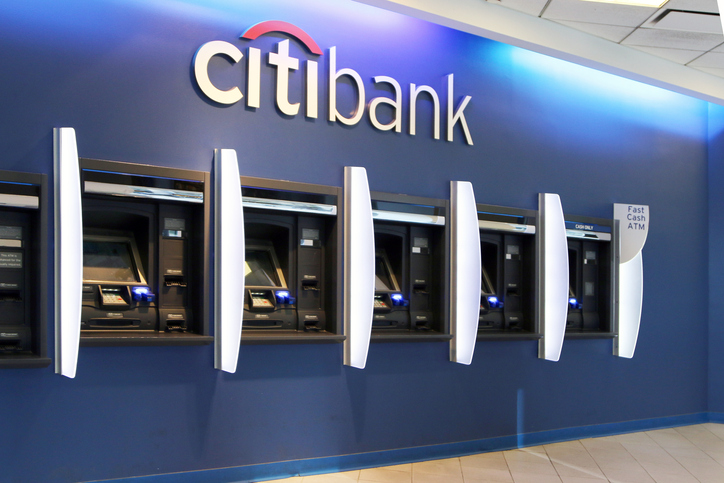ii view: Citigroup profit almost halves
The bank, like its rivals, is hunkering down for Covid-19, but this could be just the beginning.
15th April 2020 16:01
by Keith Bowman from interactive investor
The bank, like its rivals, is hunkering down for Covid-19, but this could be just the beginning.

First-quarter results to 31 March 2020
- Revenue up 12% to $20.7 billion
- Net Income fell 46% to $2.52 billion
- Earnings per share down 44% to $1.05
Chief executive Michael Corbat said:
“Our earnings for the first quarter were significantly impacted by the Covid-19 pandemic. We managed our expenses with discipline and had good revenue performance as the economic shocks caused by the pandemic weren’t felt until late in the quarter.
“However, the deteriorating economic outlook and the transition to the new Current Expected Credit Loss standard (CECL) caused us to build significant loan loss reserves.”
ii round-up:
Citigroup (NYSE:C) today posted first-quarter profit impacted hard by the corona crisis.
Profit tumbled by 46% to $2.52 billion as the bank, like rivals JPMorgan (NYSE:JPM) and Wells Fargo (NYSE:WFC) yesterday, reported a jump in provisions to cover potential bad debts going forward.
Its shares retreated marginally in early US trading and are down over 40% in the year-to-date.
Over 120,000 deaths worldwide have now been reported, with large parts of the US and Europe forcing businesses to close in an effort to prevent the disease spreading further.
Under the new CECL accounting standard, bad debt provisions rose from $2 billion in early 2019 to $7 billion.
Group revenue rose by 12% as the bank’s fixed income and equities businesses under its Institutional Clients division benefited from increased volatility.
Citi is divided into the two divisions of Global Consumer Banking (GCB) and Institutional Clients Group (ICG). ICG provides cash management and trade solutions to 90% of Global Fortune 500 companies while GCB serves more than 110 million clients in 19 countries.
The chief executive went on to note that “Covid-19 is a public health crisis with severe economic ramifications. While no one knows the severity or longevity of the virus’ impact on the global economy, we have the resources we need to serve our clients without jeopardising our safety and soundness.”
ii view:
A more global bank than rival JP Morgan, with less than half of its revenue generated in the US and over 30% coming from Asia and Latin America, Citigroup offers investors a smaller and structurally simpler alternative to its Dow Jones constituent rival.
Covid-19 has seen the International Monetary Fund (IMF) forecasting the worst recession since the Great Depression. Citigroup, like its rivals JP Morgan and Well Fargo, has moved quickly to try and allow for the expected deep economic downturn.
For investors, given the fallout and subsequent rebuilding of balance sheets from the financial crisis, US banks have generally come into this crisis in good shape. In mid-March, Citigroup announced it had joined other major US banks in suspending stock repurchases to support clients in light of Covid-19. Citi has returned approximately $57.4 billion in capital over the last three years. In February, it paid a dividend of 51 US cents per share.
But with banks being bailed out in the financial crisis, governments are now increasingly looking towards them to help support customers both large and small – support which could also eventually require a suspension of the dividend payment.
Positives:
- Geographical diversity
- Investment bank or ICG revenue rose by 25%
Negatives:
- Share buy-backs now suspended
- Lower interest rates are broadly bad for bank profitability
The average rating of stock market analysts:
Strong buy
These articles are provided for information purposes only. Occasionally, an opinion about whether to buy or sell a specific investment may be provided by third parties. The content is not intended to be a personal recommendation to buy or sell any financial instrument or product, or to adopt any investment strategy as it is not provided based on an assessment of your investing knowledge and experience, your financial situation or your investment objectives. The value of your investments, and the income derived from them, may go down as well as up. You may not get back all the money that you invest. The investments referred to in this article may not be suitable for all investors, and if in doubt, an investor should seek advice from a qualified investment adviser.
Full performance can be found on the company or index summary page on the interactive investor website. Simply click on the company's or index name highlighted in the article.